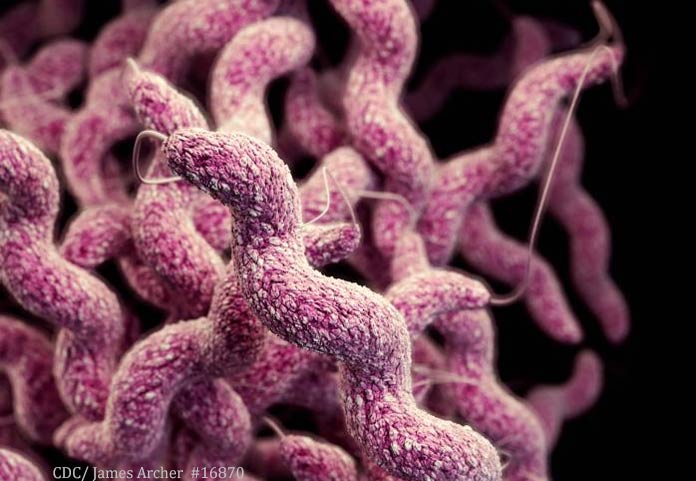If a retail store is implicated in a Campylobacter outbreak, anyone sickened may have a lawsuit against that business. This means they can sue the company for compensation. Campylobacter is a dangerous pathogen that can cause heart attacks and permanent paralysis. Stores that sell food that causes severe illness should be held accountable. In some states, it may be more difficult. You will need to discuss your case with a Campylobacter lawyer at our law firm.
Yes, I want a free lawsuit consultation.
These bacteria can contaminate food, and even a few cells can cause severe food poisoning. The source of these outbreaks is often raw milk, chicken or produce.

The outbreak discussed quickly grew from 12 victims in 2 states to 76 confirmed cases in 4 states: Pennsylvania, Maryland, New Jersey and West Virginia. Read an update on this Family Cow raw milk campylobacteriosis outbreak. written just a few days after this post.)
On January 27, the Pennsylvania and Maryland health departments reported that 6 people were diagnosed with campyloacteriosis (Campylobacter infection) after consuming raw milk. The Campylobacter outbreak has now grown to 12 victims, 8 from Pennsylvania and 4 from Maryland.
Campylobacter victims have a legal right to seek compensation for medical expenses, pain and suffering, lost income and other damages. In most outbreaks, the victims are paid from insurance proceeds. People who sell products to consumers have insurance for this purpose.
In this case, the epidemiological evidence implicates the producer of the raw milk. Epidemiological evidence is that gathered through interviews with victims regarding foods they ate. In this case the victims drank Family Cow raw milk. Our lawyers have won cases where the primary evidence was that all or most of the victims ate a certain food product.
The Pennsylvania Department of Agriculture is still testing samples of Raw milk for Campylobacter bacteria. Test results are expected on Wednesday or Thursday.
According to an article in the Public Opinion:
The farm has a permit to sell raw milk in Pennsylvania. Maryland prohibits the sale of unpasteurized milk. Maryland residents travel to Pennsylvania to buy the milk that has not been heat-treated to slow the growth of microbes.